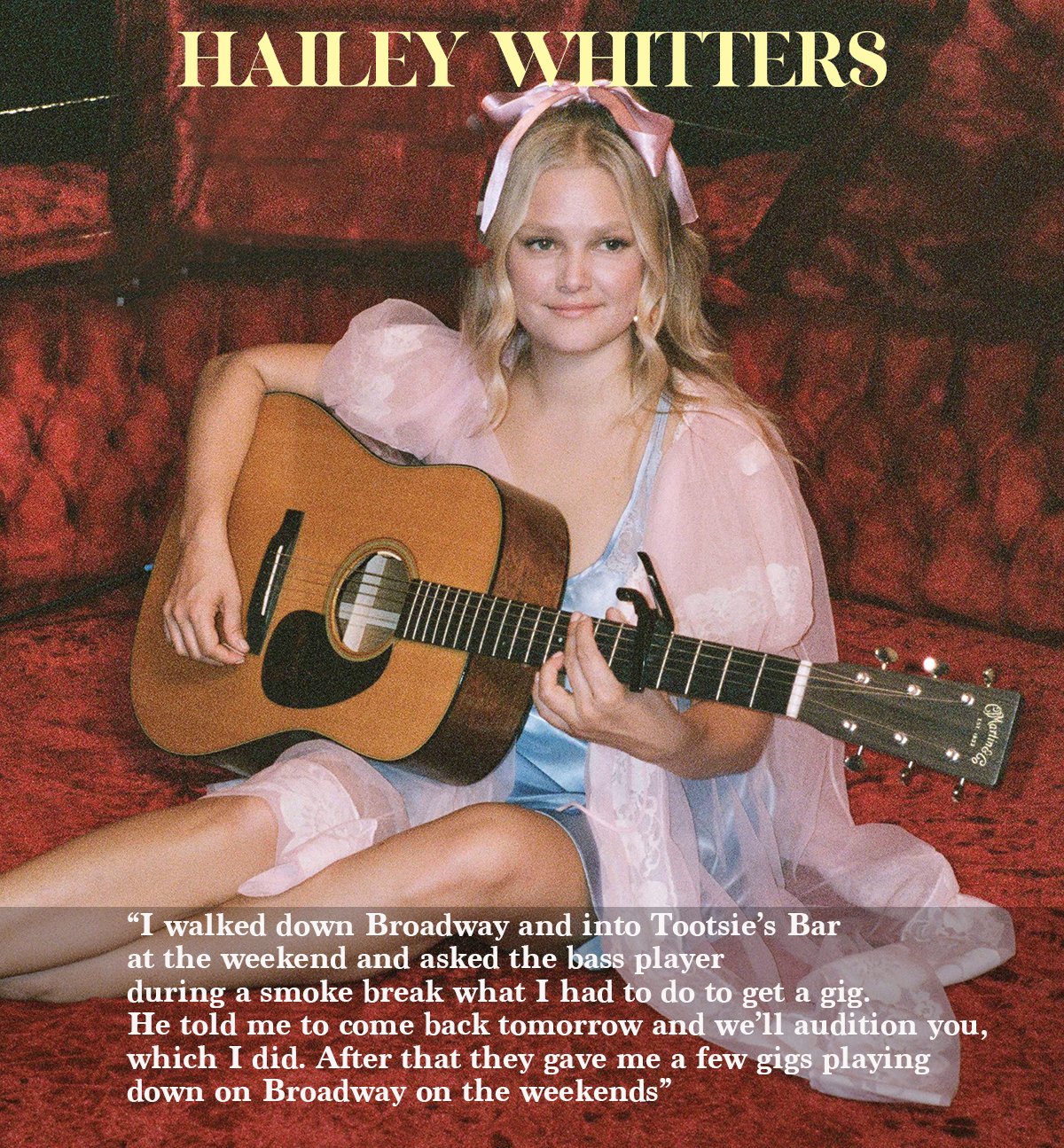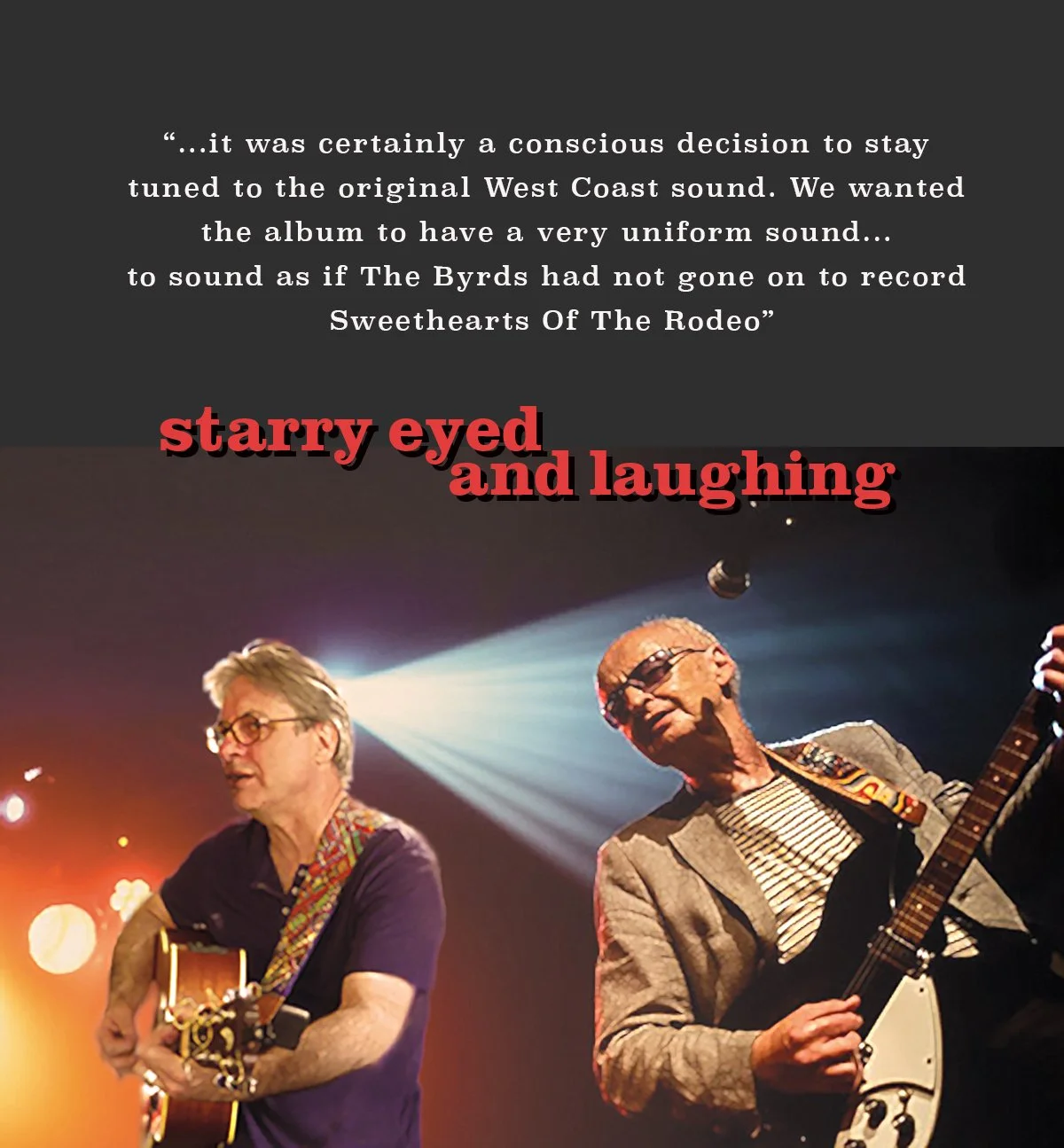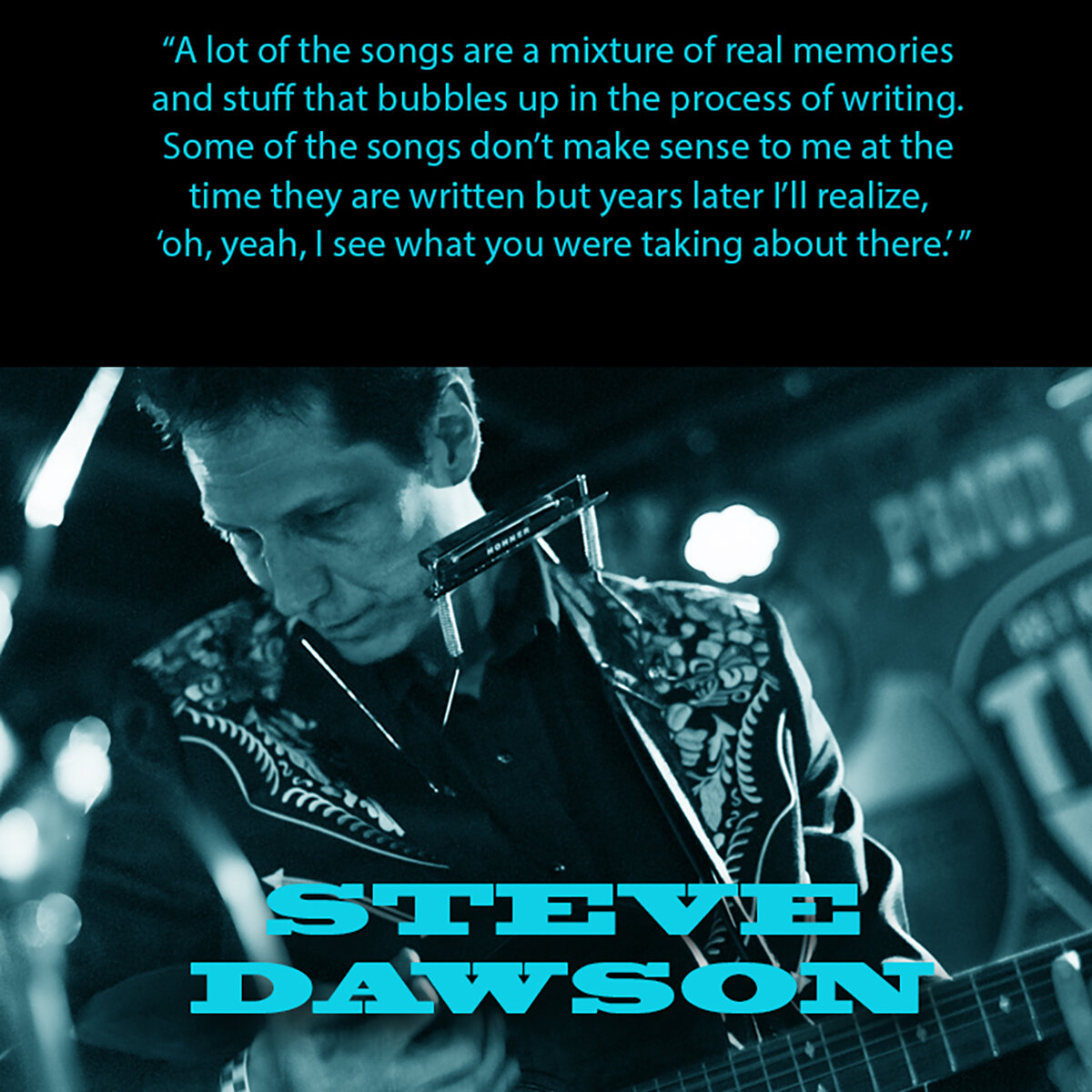A small-time country singer with stars in her eyes heads to Nashville after graduating high school. Working three jobs and playing street corners and smoke-filled bars, she spends over ten years dealing with rejection and heartache, before overnight success propels her from down on her luck to a Grammy nominated singer songwriter, headlining her own tours and playing arenas. That might read like a script from a pilot TV script chronicling the life of a fictious country star, but it’s the real-life backstory of Grammy nominated country singer songwriter Hailey Whitters. Leaving her hometown of Shueyville, Iowa (population 731) at the young age of seventeen, having finished high school, she packed her bags and moved to the bright lights of Music City. Ironically, it was her 2019 single Ten Year Town (‘I thought I'd be a big star now, I'm twelve years into a ten-year town’), written at a low point in her career, that eventually led to her richly deserved industry breakthrough. Three years later and the world is an entirely different place for Hailey Whitters as her industry profile continues to escalate. Hailey plays the C2C Festival at 3 Arena in Dublin on Saturday 12th March alongside Luke Combs, Ashley McBryde and Flatland Cavalry. We chatted with the engaging and vivacious artist about those early years in Music City and her latest album RAISED due for release next month.
Three notable people are flagged in Wikipedia as coming from your hometown Shueyville, Iowa. A major league baseball player, a film and television actor and country music singer Hailey Whitters.
Really, I didn’t know that. Who are the others?
The actor is Robin Lord Taylor and the baseball player is Scott Schebler.
Ok, Scott used to date my sister. I’m not googling Shueyville on Wikipedia too often, so that’s very cool, I’m proud of that.
What were you listening to growing up in Shueyville?
Country radio drew me into the music industry. There’s not a lot of country music floating around Shueyville, Iowa, so it was very much a case of what I was hearing on radio that inspired me to want to pursue a career in music. The Dixie Chicks were huge, they were coming out with WIDE OPEN SPACES, I remember my mom bought that record and I just about wore it out. I was also into Shania Twain and Trisha Yearwood, Alan Jackson, Tim Mc Graw was starting to come out, mostly the stuff that was happening in the 90s.
What prompted the move to Nashville?
I knew that Nashville was the place for country music and my mom booked me a trip for me and her to come down when I was fifteen. I’d never been to any city before, not even Chicago, three hours east of where I grew up. I was completely enamoured and taken in by Nashville. I remember seeing people down on Broadway with their guitar cases over busking in the street, there was music everywhere, very much unlike what I was used to seeing back home in Iowa. When I went home after that trip I said ‘I’m moving to Nashville when I graduate high school’. My parents were scared but also very encouraging and supportive of me wanting to do that. I was pretty motivated and driven to try and make something of myself back then and my parents saw that.
Was it difficult coping having moved from a small town to a metropolis?
I just tried to make a lot of friends there. I’m from a very big family and tight knit community back home where you know everybody. I had that same approach moving here, trying to make as many friends as I could. So, I don’t think I was too scared by any of it.
How did you go about getting shows in the crowded marketplace that Nashville is?
I walked down Broadway and into Tootsie’s Bar at the weekend and asked the bass player during a smoke break what I had to do to get a gig. He told me to come back tomorrow and we’ll audition you, which I did. After that they gave me a few gigs playing down on Broadway on the weekends. I also played Tootsie’s out at the airport and little by little I just started booking shows myself. I’d go to a show and just walk up to the sound guy and ask who I needed to talk to play here. It all just snowballed from there, booking as many shows as I could at songwriter clubs.
You survived seven or eight years before making a commercial breakthrough. Was it difficult to survive those years?
Well, I did a whole lot of day jobs. I was a nanny, a receptionist at a hair salon, a waitress several times. I was looking for jobs that paid my bills but were also flexible enough to let me take a last-minute show, which was always my number one priority. It was eight years doing that in Nashville before locking in my first publishing deal, getting paid to write songs that helped pay my rent. It wasn’t until 2015 that I put out my first record, an independent record called BLACK SHEEP.
Did you at any stage think of packing your bags and heading back to Iowa?
Everyone says that Nashville is a ten-year town, so the mark of when I was supposed to ‘make it by’ arrived at year ten. I began to second guess myself pretty hard for the first time. My friends back home were on baby two and baby three, buying a house or buying a boat and had all these tangible milestones. At that stage, I thought it might be the time to start thinking of something else for me.
You then realised THE DREAM in 2020 on your own independent label. Such was the impact of that album that you got signed to Sons and Daughters and released THE DREAM (LIVING THE DREAM) in 2021.
I had laid some solid groundwork as to who exactly I was, what I wanted to say and what I could do. When I put out THE DREAM independently on my Pigasus label, it just seemed like the response to that record was so validating. I put that album out as a last-ditch attempt to try and get my career going and I thought people were either going to hate the album or love it. The response to it was overwhelming, it was so special to me as a songwriter and as an artist. Having had the door shut in my face by the industry so many times, to have the fans love what you’re doing, that they feel it and resonate with it, that told me to ‘keep doing what you’re doing’. So, when a got the record label it didn’t feel like pressure, more like an extra part of the team that was going to help me take this thing even further.
All of a sudden, after years of hard work, your name is appearing on co-writes with Brandi Carlisle, Brandy Clark, Lori McKenna, Brent Cobb and Trisha Yearwood. Did you find that intimidating?
I was super intimidated. I actually get more star struck by songwriters than I do by artists. I want to be respected by them; I want to belong in that room. It’s very nerve-racking writing in those sessions.
Do you feel that the co-writing improved your songwriting as well as raising your profile?
It does improve my writing. Getting to work with writers of that calibre, they are the ultimate for me. I’ve studied their records and songwriting and tried to write like them and any time I get in a room with them it’s a challenge for me. It’s a challenge for me to try and prove myself and write lines worthy of being in a song with them. They are the barometer of quality for me and so any time I write with them it’s like, I better put on my big girl pants today and try and write something good. It pushes and challenges me in a really healthy way.
A Grammy nomination followed for the song A Beautiful Noise, written with Brandi Carlisle, Brandy Clark and Alicia Keys. Everything that Brandi Carlisle seems to touch turns to gold. That must have been hugely satisfying?
Brandy Clark was the one that introduced me to Brandi Carlisle. I’m a huge fan of hers so even getting to be in the same room as her let alone on a Grammy nomination is incredibly exciting for me. It’s been a really crazy last few years alright.
Moving on to RAISED he your latest album. There’s a whole lot of music on it, seventeen tracks in total.
Yes, it’s been released with all seventeen tracks on cd and vinyl. The record label is being very supportive. I feel lucky to have their support, they have not tried to compromise my creative integrity at all, they’ve been nothing but supportive.
The album plays out as you reconnecting with your roots and heading back home to Shueyville.
Yes. With THE DREAM people got to see the broken-hearted dreamer that was twelve years into a ten-year town and feeling very frustrated by that. With RAISED you get to go back and see the place and events that made that girl, shaped her and taught her to work hard, hang on, never give up on herself and see it through. In a way RAISED seems like the prequel to THE DREAM.
Were the songs written after The Dream or written previously and parked?
Some of them are quite a few years old, a good batch of them were written before I released THE DREAM. I thought that they may end up on a record some time. I wrote Boys Back Home in the fall of 2019 and that song made me realise what the concept of this record might be. We cut a few songs around that and the record started taking shape. When we recorded the title track Raised, that was the light bulb moment in deciding that the record would be about where I come from. We finished out the year writing with that concept in mind.
Did being off the road during the pandemic give you more space to work on the album?
I did some touring in 2020 before the pandemic but when that hit it was all about writing songs and eventually getting back into the studio when it was safe to do so and finishing recording the record. The pandemic allowed me more time to be really thoughtful in making the record.
I particularly love the tracks Big Family, Raised and In A Field Somewhere. They are wholehearted and genuine country songs. The track that took me by surprise was the muscular Middle Of America featuring American Aquarium.
Thank you. I’m been a fan of American Aquarium for a long time and have written before with B.J. Barham. That song needed a rock element to it and when we were looking around for someone to put on the song, it was a no-brainer to get American Aquarium. I’m so glad because B.J. was able to take it to where it needed to be. When it was just me on the song, I felt there was something missing, something lacking. He just elevated the song to the next level.
You’ll be over in Europe for C2C next week on the bill with Luke Combs, Ashley McBride and Flatland Cavalry.
Yes, I’m finally coming to Europe for C2C. It’s been a long time coming but it’s almost here. I’ve in the middle of my first headlining tour with my band now, getting to play ninety-minute shows. We go to play New York next week, then Boston and Philadelphia and then we’re getting ready to leave for Europe.
Finally, tell me about your admiration for the work of Phoebe Bridgers, which I read about?
What draws me to her is her very intimate performance, maybe more on STRANGER IN THE ALPS than on PUNISHER. She has these really raw stripped moments which is very captivating to me and it’s a thing that I could see in myself with my song Ten Year Town for example, which is a very raw, stripped and intimate song for me. I’d like to channel more into that side of me production wise. I’ve been told that I should make a record with just me and my guitar, maybe that’s a hair-brained side project idea but it would be interesting to do that at some stage.
Interview by Declan Culliton




















